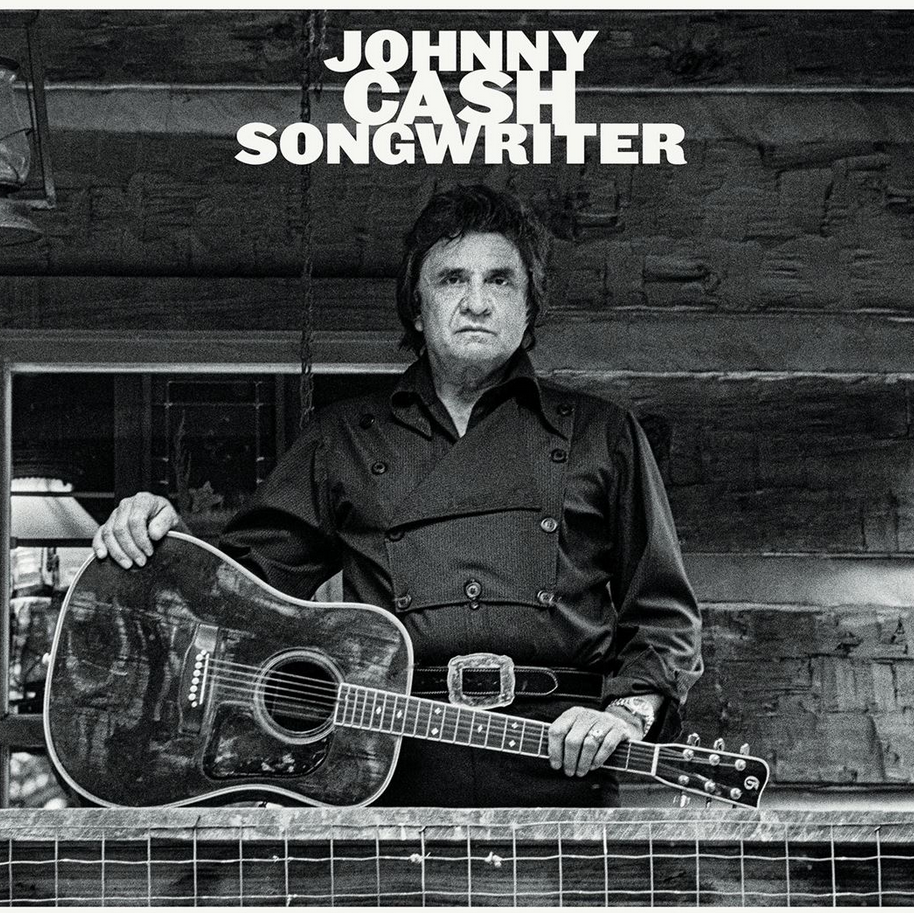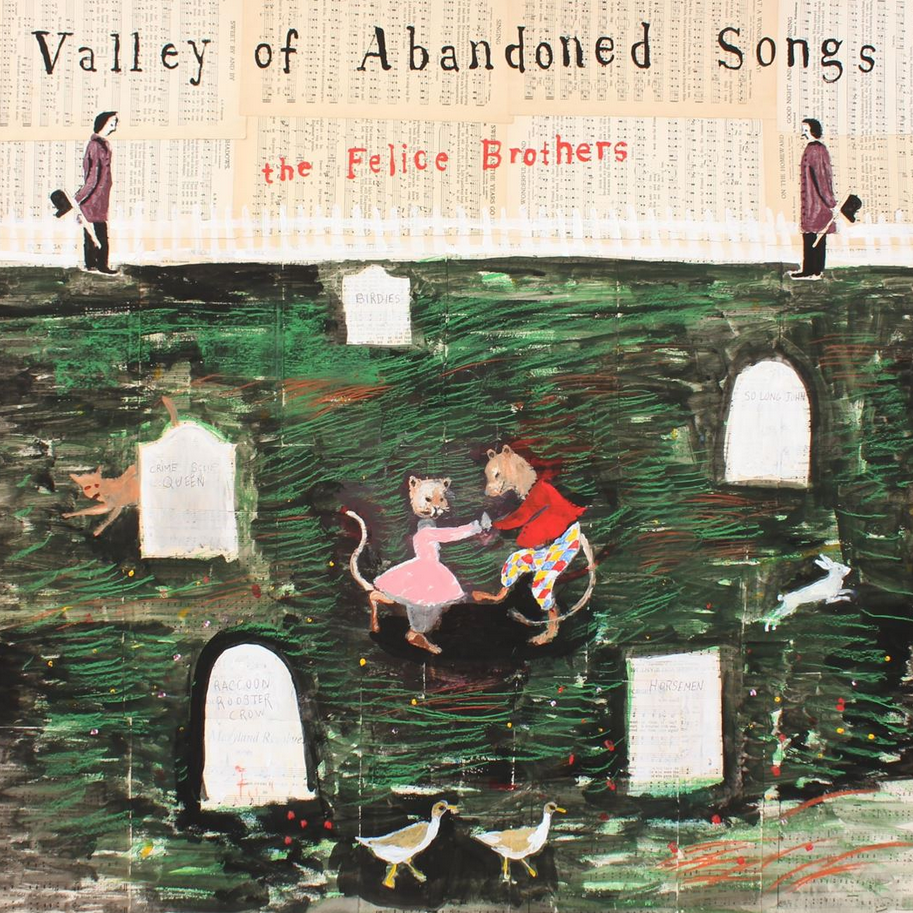The 2020s have been relatively quiet for estate-backed, posthumous Johnny Cash releases. Since his death in 2003, the major highlight was the expansive Unearthed box set, a collection of outtakes from Cash’s late-career recordings with Rick Rubin. This was followed by demo albums like Personal File (2006) and returns to the Rubin archives with American VI: Ain’t No Grave (2010). In contrast to 2020’s *Johnny Cash and the Royal Philharmonic Orchestra*—a somewhat superfluous orchestral reworking of existing material—Songwriter stands out as a surprising gem. Songwriter features 11 demo recordings from 1993, captured at his stepdaughter Rosey’s LSI Studios in Nashville during a period when Cash was out of contract. Three decades later, John Carter Cash, with the help of David Ferguson (who worked with Cash from 1987’s Johnny Cash Is Coming to Town* onwards), assembled a talented band to add subtle, supportive instrumentation to these demos. The band included guitarist Marty Stuart, a frequent Cash collaborator in the ’80s, and the late bassist Dave Roe, who played with Cash from 1992 until his death. Their contributions elevate the demos’ integrity and warmth.

As the title suggests, the album features exclusively original Cash compositions. It marks the first time since 1977’s *The Rambler* that an album has solely featured Cash’s own songs. The collection includes eight previously unheard tracks, along with two—“Drive On” and “Like a Soldier”—that later appeared in stripped-down form on 1994’s *American Recordings*. Additionally, the album revisits “Sing it Pretty, Sue,” from 1962’s The Sound of Johnny Cash.
Initially, Cash’s vocals might seem detached from the new instrumental backing. However, the depth and gravitas of his voice, combined with his masterful songwriting, reveal *Songwriter* as a compelling chapter in his discography. It can be seen as a companion piece to 2014’s *Out Among the Stars*, another posthumous release augmented by a contemporary ensemble. However, Songwriter is slightly stronger, with its themes of strong women (“She Sang “Sweet Baby James””), nature and ecology (“Hello Out There,” “Have You Ever Been to Little Rock?”), the impact of war (“Drive On,” “Soldier Boy”), and family devotion (“I Love You Tonite,” “Poor Valley Girl”) woven throughout. The posthumous instrumentation stays true to the styles of Cash’s earlier career, from rockabilly to countrypolitan, rather than trying to mimic Rubin’s influence. As a result, *Songwriter* serves as an important document of a previously underrepresented period in Cash’s career, just before it entered a transformative new phase.


